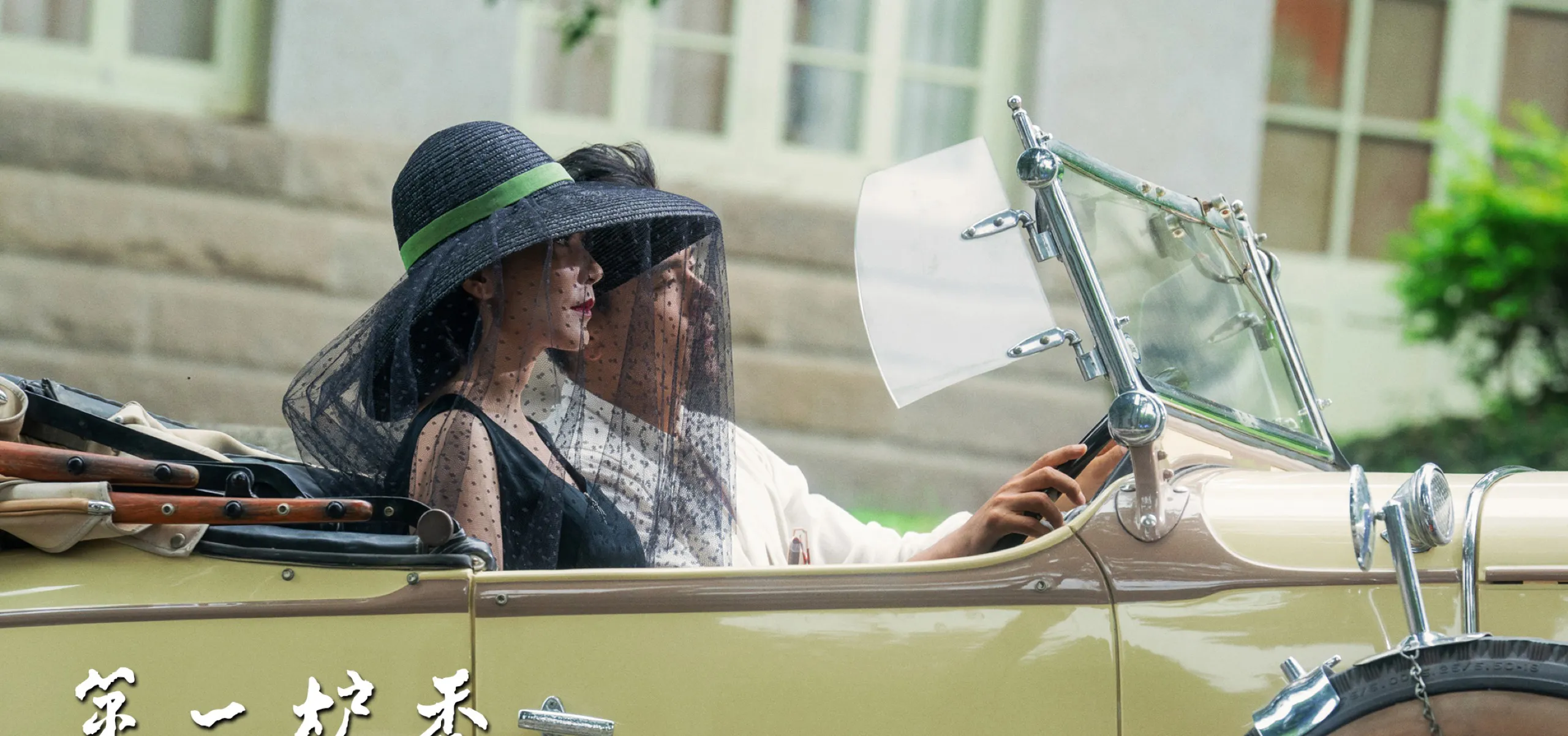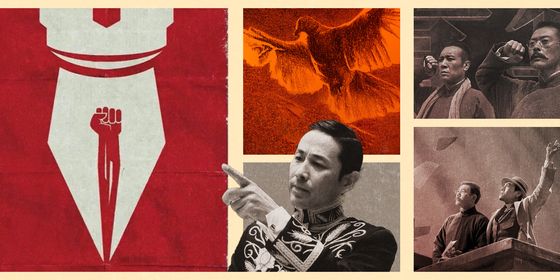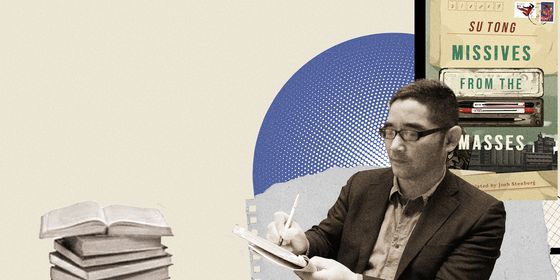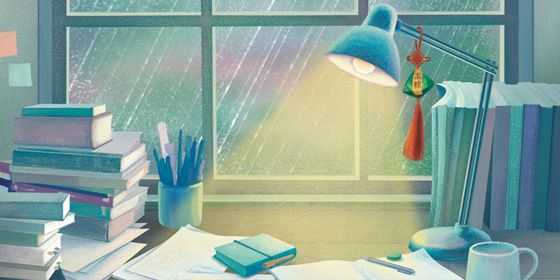Why is it so hard to adapt the works of novelist Eileen Chang?
“Seriously! Eddie Peng looks like someone who can deliver five tons of coal and give you personal training after that. When they were flirting, you felt like he was trying to sell his training sessions to Ma Sichun.”
This is one of the most up-voted comments on movie rating platform Douban ridiculing Love After Love, the latest adaptation of the work of writer Eileen Chang (Zhang Ailing) to fail to impress either critics or audiences.
With previous experience of adapting three of Chang’s works, a Lifetime Achievement Award at the 2020 Venice Film Festival under her belt, and a star-studded cast (such as Golden Horse winner Ma Sichun, Faye Yu of Joy Luck Club, and prolific actor Eddie Peng), it’s hard to tell why director Ann Hui’s film bombed at the box office with only 28.5 million RMB in the first five days of screening and an abysmal score of 5.5 out of 10 points on Douban.
But negative reviews for adaptations of Chang’s work aren’t rare—indeed, since the 1980s, they have been the rule. Even Ang Lee, the sole successful adapter, who won the Venice Film Festival’s Golden Lion Award for Lust, Caution in 2007, once told journalists that “adapting Eileen Chang’s novel is arduous but thankless, because you don’t know how many experts of Chang are sharpening their knives.”
As with most books adapted to the screen, some fans of the original work will be inevitably disappointed with the result. But the nature of Chang’s work presents a special challenge for Chinese directors due to the dense nature of her themes and style—not to mention generations of readers who have developed their own interpretations of Chang over many decades, and are ready to pounce on any perceived deviations.
Hui was previously criticized for her adaptation of Chang’s novella “Love in A Fallen City” in 1984, and expressed dissatisfaction with her own work, saying she “thought she should make the film romantic” and “didn’t capture the Westernized and ironic spirit of the novel, instead of [making] a sentimental tragedy.”
Many of these criticisms were echoed after the release of Love After Love, which received a sharp ribbing on almost all metrics—bad acting, superficial interpretation, and changes to the characters and storyline.
For example, while the novelist presented the morally-corrupt socialite George as an effeminate dandy, Peng’s portrayal showed off a lot of his famously muscular body. Ma, who plays the female lead, the ambitious Ge Weilong, was criticized by Douban reviewers for acting like a romance heroine rather than the morally ambiguous young woman in the novel who relishes her aunt’s high society lifestyle and is accepting of its corrupt nature.
Hui repeats her earlier mistake by focusing only on the romantic parts, a fact confirmed by the director herself. According to Chinese media outlet Southern Weekend, when Hui found screenwriter Wang Anyi (herself a well-known novelist) to write the screenplay, she told Wang, “I only want to shoot a romance film. I’ve reached this age, but I’ve never been truly in love. You need to let me feel romance at least once.” This is a trap that many directors adapting Chang fall into, neglecting the sharp social critiques that gave her work depth.
Although romance is an important element in Chang’s writing, it’s not everything. Chang’s body of work can be neatly summed up by a phrase she penned in an essay when she was 18: “Life is a beautiful gown that is crawled all over by fleas.” Born in 1920 in Shanghai, Chang grew up in a high-class but unhappy home, and emigrated to Hong Kong, then the US, in the 1950s. This upbringing likely gave rise to her flair for depicting the bleak and filthy souls concealed beneath opulent settings.













